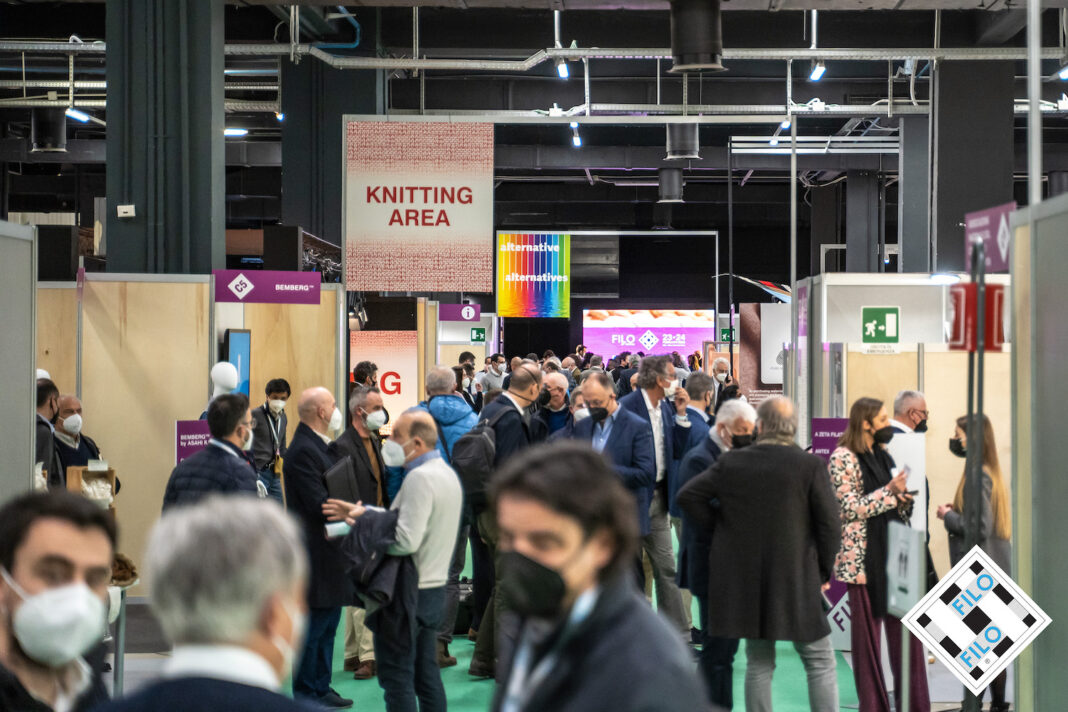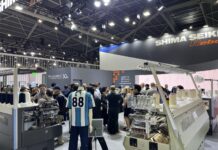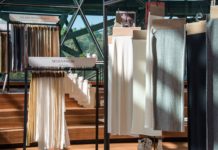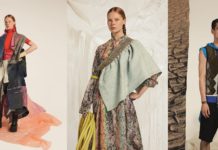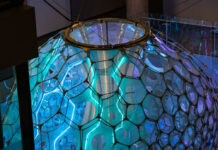Milan
Milan show offers certain amount of optimism and a business-like agenda, despite gathering international uncertainties.
Filo 57 Milan, February 23- 24 in the modern setting of the MiCo centre introduced Autumn Winter 2023/4. It was done with a certain amount of optimism and a business-like agenda, despite gathering international uncertainties.
Filo, with strong links to the textile area of Biella, put the emphasis on fibres, boosting the initial stage of Italian production, which starts off the sustainable supply line. Filo Flow, its sustainability hub, showed at the fabric show Milano Unica a few weeks earlier. Priorities include the Young and Education and Sustainable goals.
Alternatives
Filo design director Gianni Bologna’s newest edition, Alternatives, discussed aesthetics achieved by manmade fibres, like shine and colour, pure or blended with cellulosics, as well as the continuing move towards natural fibres and eco consciousness by the younger generation.
Designs for ultimately compostable clothes and knitwear using Seacell fibre mixed with pure wool were on show, designed by students at the ITS TAM College in Biella for textile and manufacturing.

Dialogues
Dialoghi di Confronto a series of streamed discussions in set pieces over the two days, had sustainability as one of the main topics. The Woolmark Company with Francesco Magri Regional Manager Europe and Fabrizio Servente, Global Strategic Advisor spoke of the importance of developing strategies in favour of all players in the textile chain CELC European Confederation of Flax and Hemp tackled the advantages of hybridisation and new applications for linen fibre, the session led by Ornella Bignami, Linen strategic partner.
Lenzing’s approaches to sustainability Refibra technology, recycling post-industrial and consumer cotton waste, were joined by Tencel Modal Indigo Colour solution-dyed fibre for the denim sector, Tencel Eco Clean, and carbon-zero fibres. Long-term Lenzing is looking to its biorefinery, deriving viscose, modal and lyocell fibres of the Ecovero and Tencel brands from replaceable trees. Bemberg by Asahi Kasei from cotton linter pre- consumer fibre, converted in closed loop, celebrated 90 years of eco-tech; athleisure, casual and fashion designers, exemplified by Ecoalf and PNLP at the show.
Radici Group showed the first sustainable skisuit, jacket and trousers. Made from recycled materials, the resulting garment is itself recyclable. Fashioned in Rencycle fabric, the Radici Group yarn is obtained from mechanically recycled polyamide, using less water and lower CO2emissions.
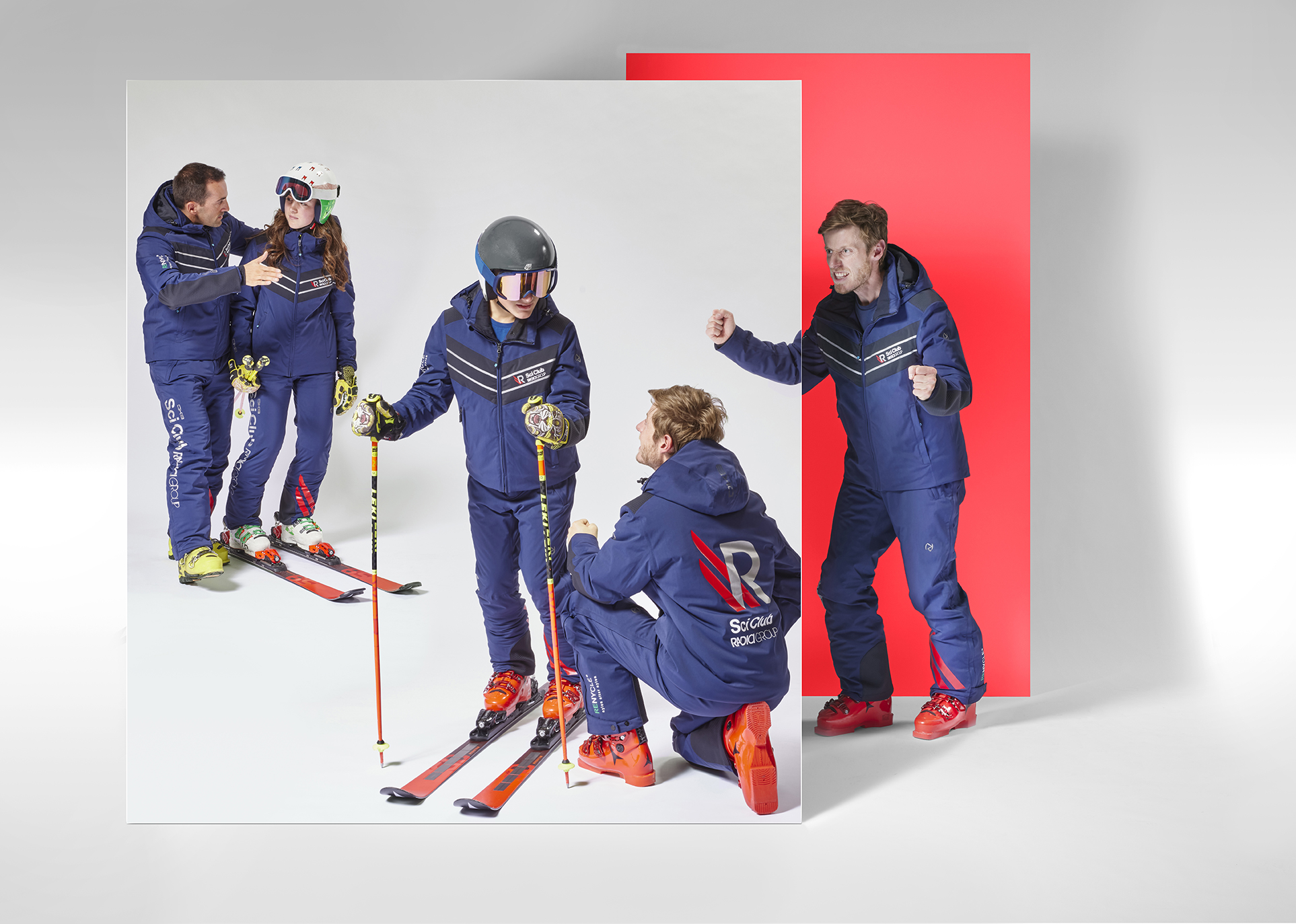
New Yarns
Reflecting eco developments, regeneration, recycling, and social justice initiatives, Toscofilati presented RWS (Responsible Wool Standard) certified woollen weaving yarn for apparel, accessories and furnishing and GRS certified 100% recycled fibre.
Coatyarn, specialists in polyurethane coated yarn, unveiled TPU Evolution, made in Italy. antimicrobial, resisting hydrolysis, oils, fats and solvents. Aimed at technical fabrics and sectors in rectilinear and circular knitwear.
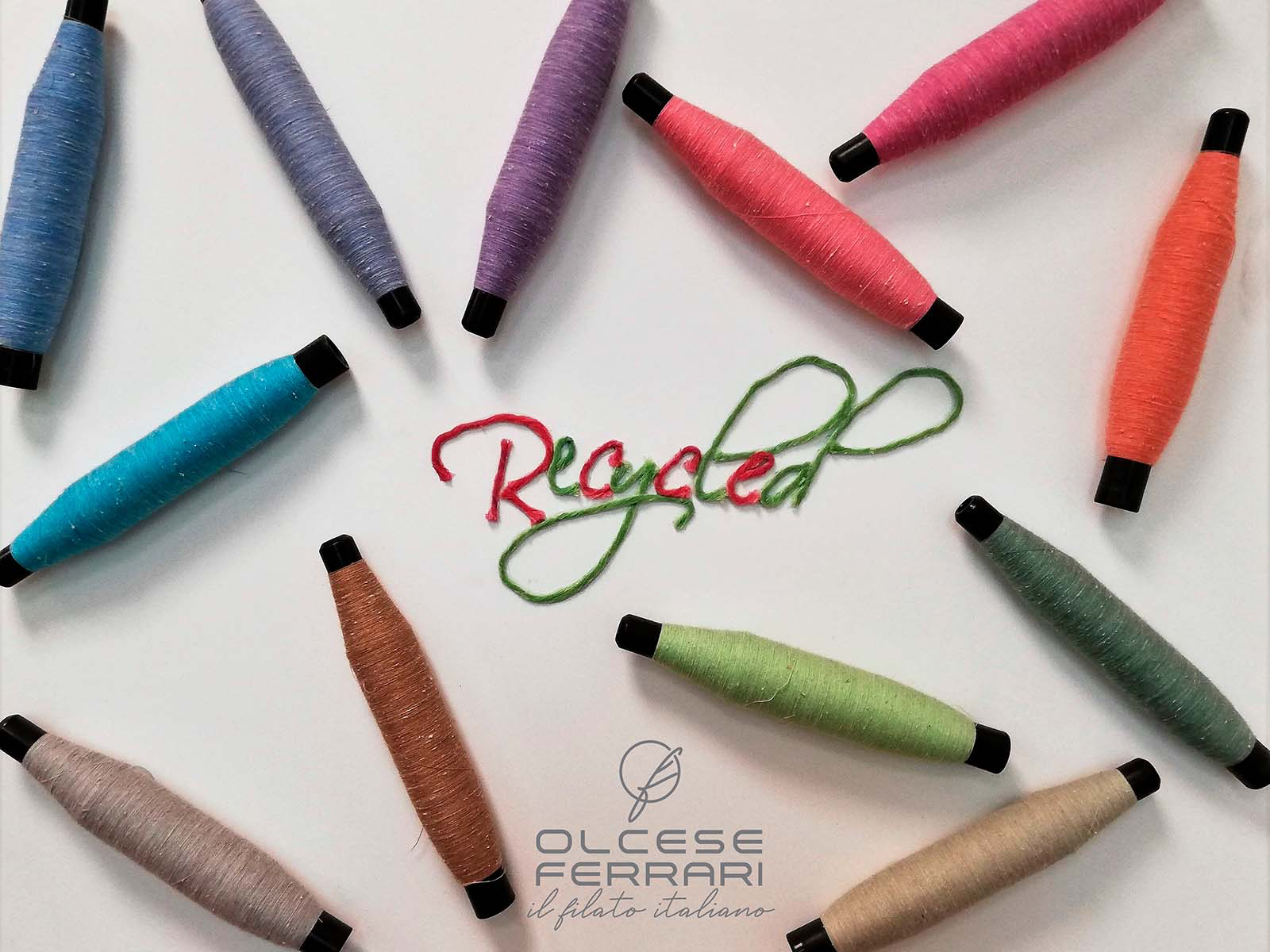
Filatura C4 yarns reported the expansion of regenerated or recycled viscose, linen and wool, and recycled polyester in various counts.
Spin Aker recycled or sustainable raw materials now include the Himalayan nettle. Pioneers of Sustainable Development Goals, Spin Aker produces cash income for Indigenous subsistence farmers.
New Merino/hemp yarn by Schoeller is soft touch, machine washable, already taken up by well-known knit brands, meeting GOTS (Global Organic Textile Standard) certification.
Spinners announced new sustainability projects, like Davifil with circularity processes using coloured regenerated wool for the first time.
The avowed intent throughout Filo was improving the supply chain said Paolo Monfermoso, Filo General Manager. To that end, the 365 online market continues all year.

Subscribe To Our Newsletter
Join our mailing list to receive the latest news and updates from our team.


